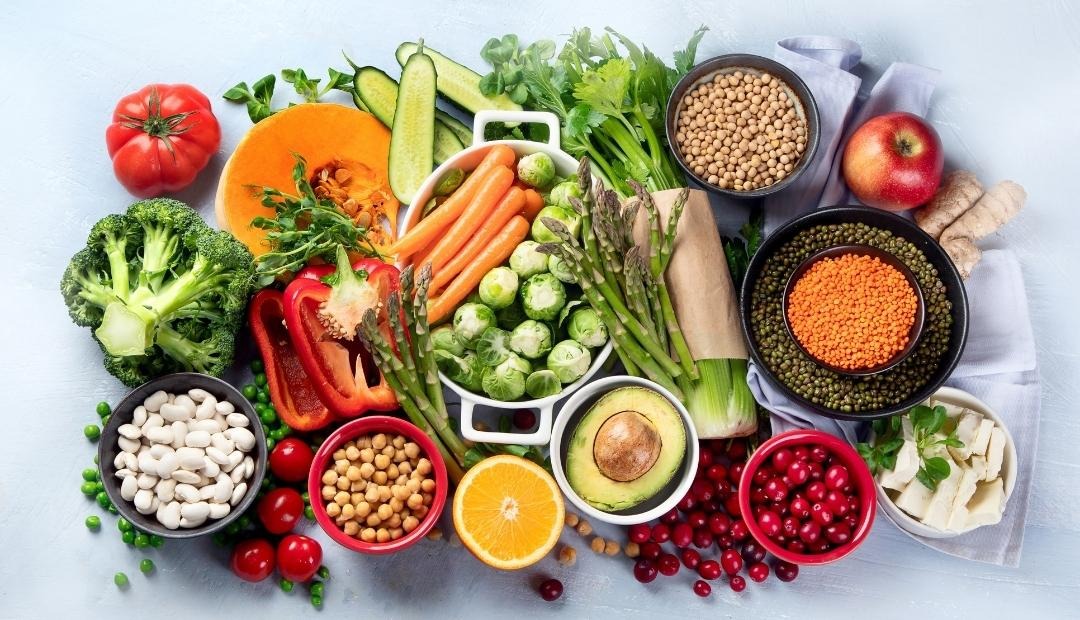Have you recently decided to go vegan? If you have, you probably know all too well the benefits of this lifestyle.
You might choose this lifestyle since you’ve just become aware of the environmental impact of the meat industry. Or because you want to stop being part of animal cruelty and exploitation. Maybe you’d also love to reap the many health benefits of a plant-based diet.
No matter what your motivation is, you might also know how challenging the transition can be.
So in this post, we’ll share with you a few tips to help you easily make the switch. Follow these tips, and a vegan lifestyle will surely become second nature!
Eat What You’re Eating Now (With a Few Tweaks)
What’s great about going vegan is that you can expand your palate and learn different cuisines. But while you’re still making the switch, it’s easier to stick to your favorites and “veganize” it–or swap out some ingredients with plant-based ones.
For instance, you can replace meat with tofu, tempeh, mushrooms, or beans. Or, instead of using regular milk and cheese, you can find various vegan alternatives, such as soy milk, oat milk, almond cheese, and cashew cheese.
Explore Delicious Recipes to Cook at Home
Who says vegan food can’t be tasty? Vegan meals can be as delicious and filling as meaty dishes, even if they’re home-cooked.
Cooking at home means you can carefully choose what to put in your body, and that includes the right plant-based nutrients. Be sure to spice them up and explore new flavors and global recipes!
Try to Learn Every Day
Like any dietary shift, going vegan is a learning curve, which can get challenging. So when the going gets tough, it’s best to be armed with facts.
That means you have to do some research as often as you can. Find out how you can stay healthy on a vegan diet, make reading food labels a habit, and be prepared for questions that naysayers might ask you.
Have a Balanced Diet
One of the most frequently asked questions about veganism is where to get some of the nutrients that a plant-based diet lacks. These nutrients include protein and vitamin B-12.
The good news is: there are tons of vegan products that can supply you with these nutrients.
As long as you have an appetite for beans, dark leafy greens, and nuts, you can enjoy an adequate dose of protein. And as for vitamin B-12, you can take supplements containing that vitamin or find vegan milk alternatives that are fortified with B-12.
Keep Snacks With You Always
Going to an event or on a road trip? You might come across one challenge to your new lifestyle: a lack of vegan options.
While it’s best to plan and check if the hotel or restaurant offers plant-based dishes, you can’t go wrong with being prepared. By packing a bag of healthy snacks, like dried fruits and nuts, in your purse, you can also stave off hunger between mealtimes.
Don’t Stress Out Too Much
If you slip up, don’t feel bad. As with any new lifestyle, mistakes are inevitable.
Remember: going vegan overnight isn’t for everyone.
So whether you ate something non-vegan by accident or not, don’t be too tough on yourself. Being patient and kind to yourself goes a long way.
Surround Yourself With Like-Minded People
Any difficult transition can be a lot easier if you’re not alone. So consider meeting up with fellow vegans in your community or joining online vegan groups.
You can also try to have your friends and family join your journey.
Make vegan meals for everyone and share with them the wonders of the lifestyle. And once you learn to cook tasty vegan cuisines, the people you care about will surely thank you for the delicious meal.
Oxford at The Ranch Apartments in Waller, TX



